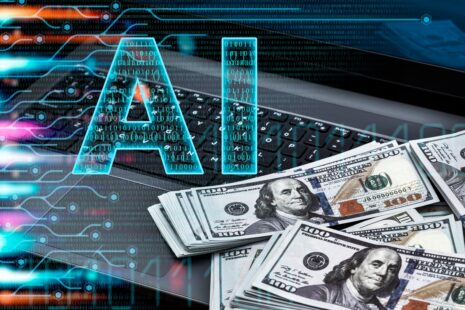Artificial intelligence (AI) is transforming industries and everyday life, but its rapid development brings some significant challenges. While opinions vary, the following are often cited as the biggest problems with AI.
Bias & Fairness
- AI systems often inherit biases from the data they are trained on, leading to discriminatory outcomes. For example…
- Biased hiring algorithms that favor certain demographics.
- Facial recognition tools that perform poorly on certain ethnic groups.
- Without addressing bias, AI can perpetuate social inequalities instead of solving them.
Ethics & Accountability
- The lack of clear guidelines for ethical AI use creates challenges in determining who is responsible for mistakes or harm caused by AI systems. Examples include…
- Self-driving car accidents – Who is liable—the manufacturer, the software developer, or the user?
- Misuse of generative AI for creating deepfakes, misinformation, or harmful content.
Job Displacement
- Automation powered by AI is replacing jobs in industries such as manufacturing, retail, and customer service. While AI creates new roles, it may not provide enough opportunities for workers displaced by automation.
- Societies are struggling to adapt to the pace of AI-driven economic disruption.
Security Risks
- AI is vulnerable to misuse, including…
- Cyberattacks using AI to breach systems or automate phishing.
- Weaponization of AI for autonomous warfare.
- Also, AI systems themselves can be hacked, manipulated, or exploited, creating new vulnerabilities.
Lack of Transparency
- Many AI models, especially deep learning systems, operate as “black boxes,” where their decision-making processes are not easily interpretable. This lack of explainability undermines trust and accountability.
Control & Superintelligence
- Concerns about the development of Artificial General Intelligence (AGI) or superintelligence involve questions of control. If an AI becomes smarter than humans, ensuring it aligns with human values and goals becomes a critical challenge.
Environmental Impact
- Training large AI models requires immense computational power, leading to significant energy consumption and a growing carbon footprint. Balancing technological advancements with sustainability is a pressing concern.
Addressing These Challenges
- Regulation and Standards – Governments and organizations must collaborate on laws and ethical frameworks to govern AI use responsibly.
- AI Transparency and Understandability – Developing tools to make AI systems more interpretable can improve trust.
- Focus on Fairness – Ongoing efforts in algorithmic auditing and inclusive data practices can reduce bias.
- Reskilling Workforce – Preparing workers for AI-driven job markets through education and training programs is necessary.
While AI holds incredible potential, addressing these critical issues is necessary to ensure its benefits outweigh the risks. Collaborative efforts from developers, policymakers, and society will be key to overcoming these challenges.




